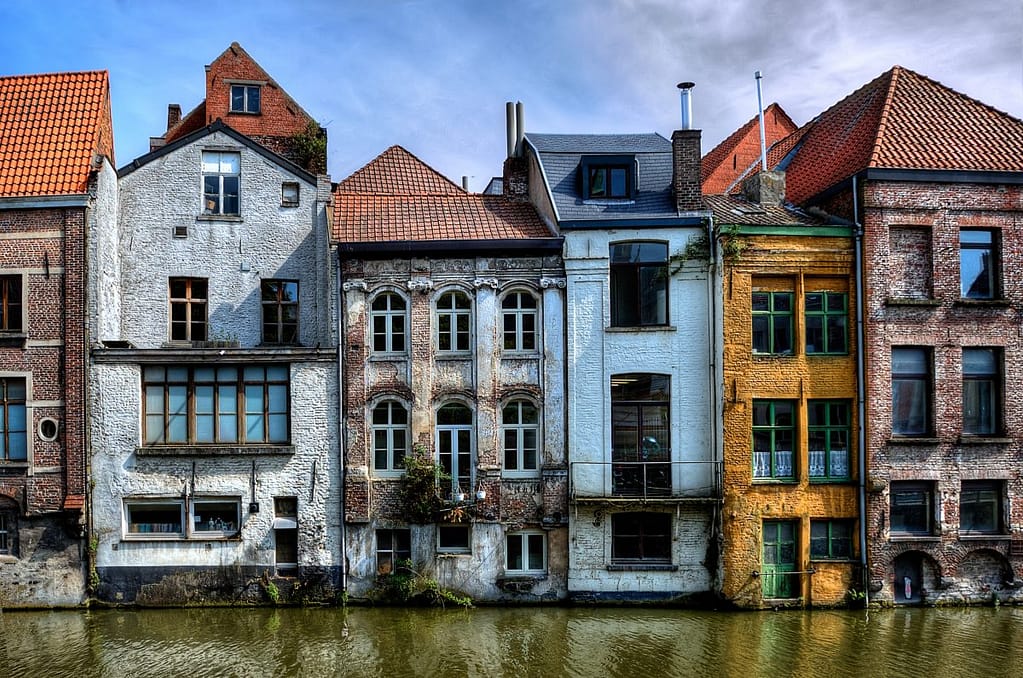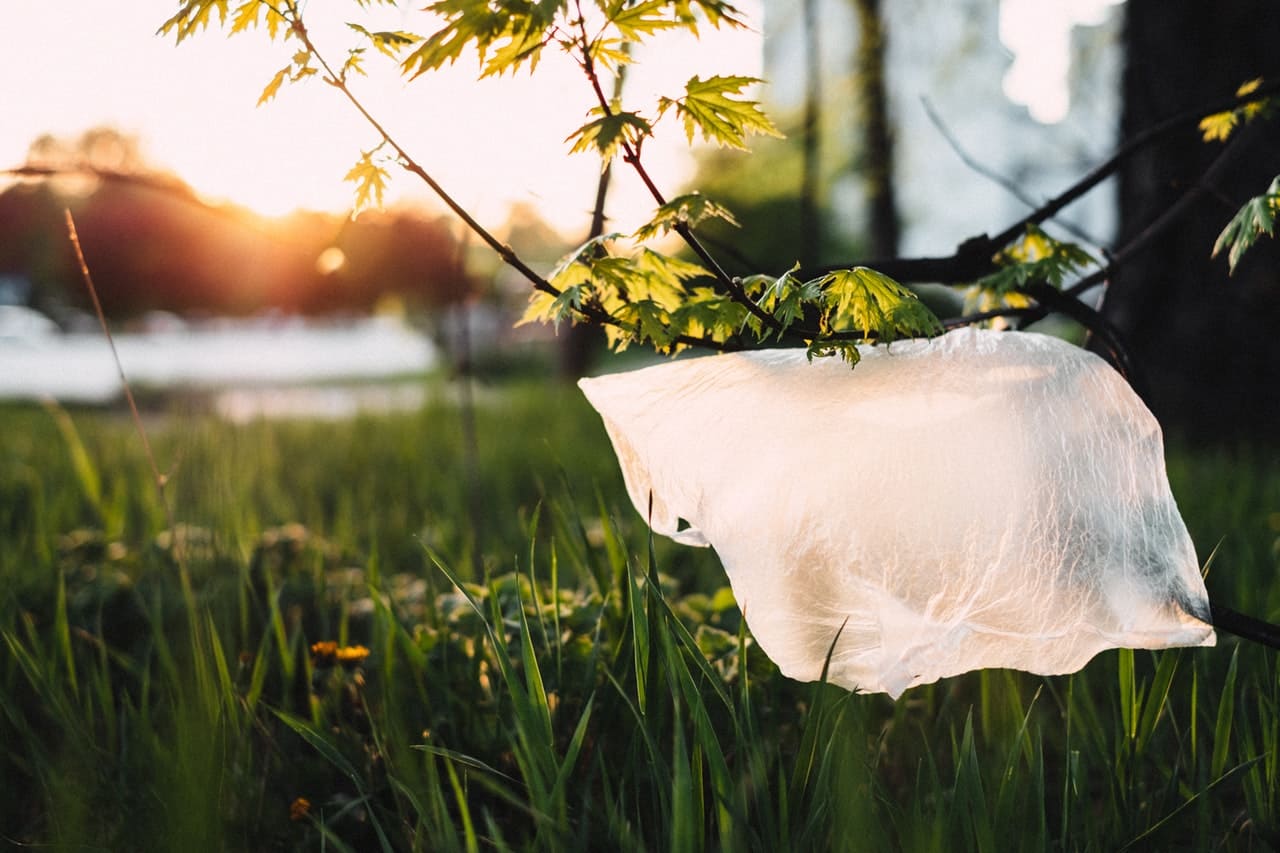With a new report finding plastic pollution on the planet is expected to double by 2030 if we continue with business-as-usual, something needs to change. But where to start?
When it comes to the plastics crisis gripping the planet, there are many tough challenges to overcome that don’t have easy answers – whether that’s the difficulty of recycling certain common forms of plastic, how deeply plastics are interwoven into supply chains, or the environmental impacts of alternative forms of packaging. One good place to begin, however, could be what are known as ‘lost plastics’.
These are the huge quantities of plastic currently going to waste that could actually be recycled today – if only we had the right systems in place to identify, collect, and process them into new products.
The PlastiCity project, part of the EU’s Interreg 2 Seas Programme, seeks to come up with ways to do exactly that. Metabolic is one member of a broad team of partners led by the City of Ghent working to address this problem in the 2 Seas region of Europe; which covers coastal areas connected by the North Sea and the English Channel between France, the UK, Belgium (Flanders), and the Netherlands.
Backed by over €9.45 million in funding – including Europe Regional Development Fund support of over €5.5 million and €42 000 from the Province of Noord-Holland – the project team aims to develop replicable solutions that target ‘lost plastics’ slipping through the cracks, in a bid to increase recycling rates in urban environments in the region from 20-30% to over 50%.
“The PlastiCity project provides a unique opportunity to increase the recycling rates in urban environments, as it encompasses all the steps to make this system circular: from identifying the different material flows, to the logistics and sorting process, recycling and identification of new business models,” says Metabolic sustainability consultant Jorrit Vervoordeldonk. “Metabolic is very eager to work together with the consortium on identifying, testing and implementing strategies in this international context.”
Back on the path to job creation
This isn’t just an environmental issue – there are economic opportunities in moving away from traditional plastic disposal methods towards a circular economy approach that is regenerative and waste-free by design. However, these opportunities are not fully known/understood, collection logistics are not fully developed, sorting facilities are not sufficiently well-equipped, and stakeholders are not fully engaged.
These barriers need to be overcome if the 2 Seas region is to play a key role in the EU strategy for plastics in the circular economy, one part of the Circular Economy Action Plan launched in 2015. The EU says the plan has helped put Europe back on the path to job creation, with over four million workers employed in sectors relevant to the circular economy – a 6% increase compared to 2012.
Objectives for PlastiCity include creating 100-400 jobs through circular business activity, coming up with strategies for (reverse) logistics and reprocessing, changing attitudes towards and capacity for recycling via urban platforms, as well as developing new value chains and designing new products by unlocking the full potential of offices, retail, and schools, among others.

Two seas, four cities
Four cities in the 2 Seas region have been chosen to serve as case studies: Ghent in Belgium, The Hague in the Netherlands, Southend-on-Sea in the UK, and Douai in France. The cities will host development of four new value chains with business cases, the design of four new products, and initial investments. A mobile recycling facility the size of two shipping containers will be deployed between the four cities to separate, process and test plastics.
To achieve the objectives, the project envisages the creation of PlastiCity hubs featuring a local network of relevant partners and physical infrastructure, supported by a digital environment/Urban Platform.
The project also seeks to deliver a methodology that yields tailored solutions for logistics, and to lump waste streams together with optimized balance between quantity and quality of plastic collection and reprocessing, as well as a replicable model to create capacity for plastics in the circular economy through urban platforms (with digital data management) and new business models.
Partners on the project include Universiteit Gent, Van Werven België bvba, DPL Group Plastic Recycling, and the GRCT, in Belgium/Flanders; the University of Portsmouth Higher Education Corporation and the Southend on Sea Borough Council in the UK; the Gemeente Den Haag and Metabolic in the Netherlands; Team2, Theys Recyclage, WeLOOP and the Association pour la Recherche et le Développement des Méthodes et Processus Industriels in France.
The PlastiCity project runs from this year through to the end of September, 2022.
For more information on the project and our work on plastics, reach out to Metabolic sustainability consultant Jorrit Vervoordeldonk at [email protected]






